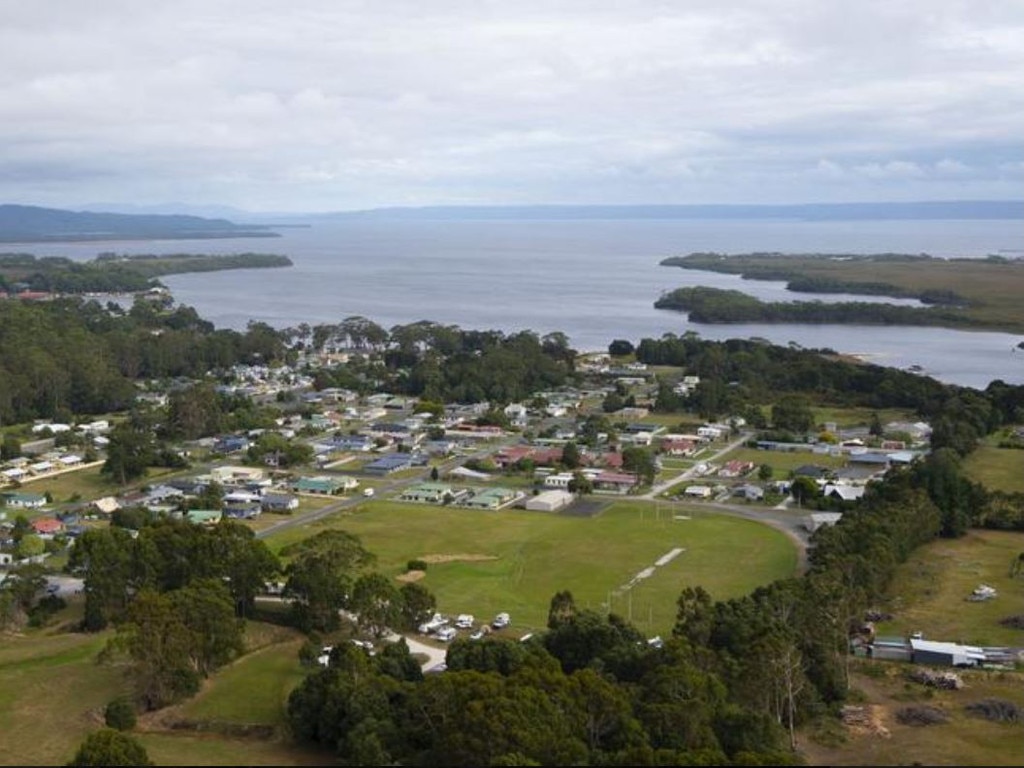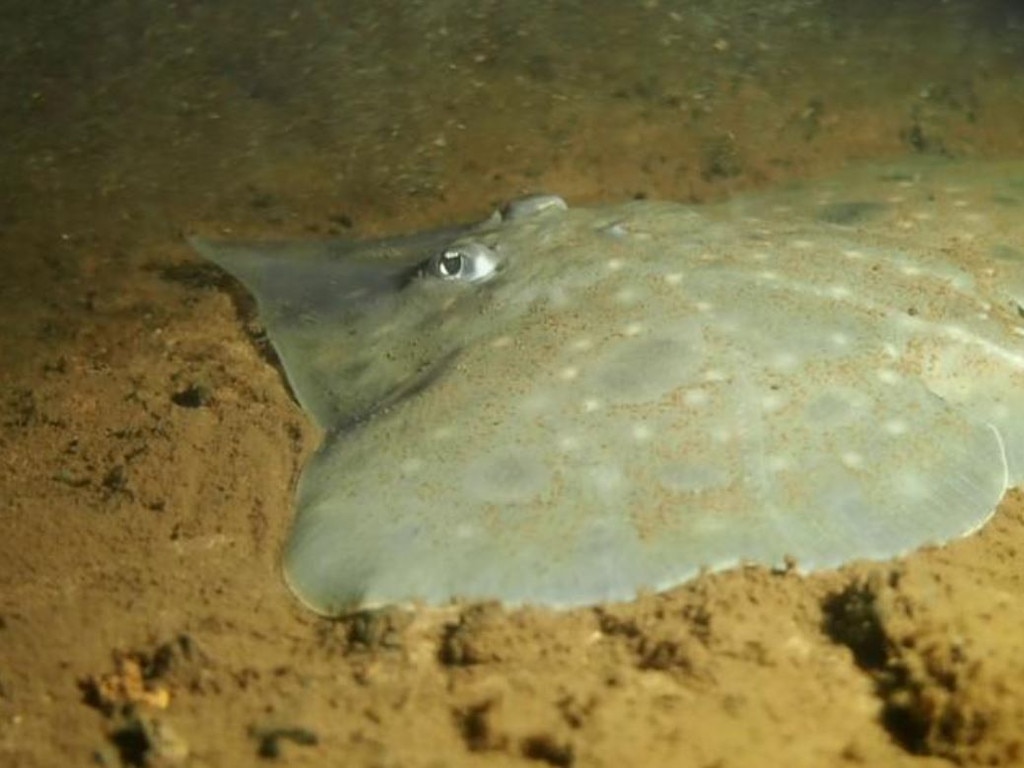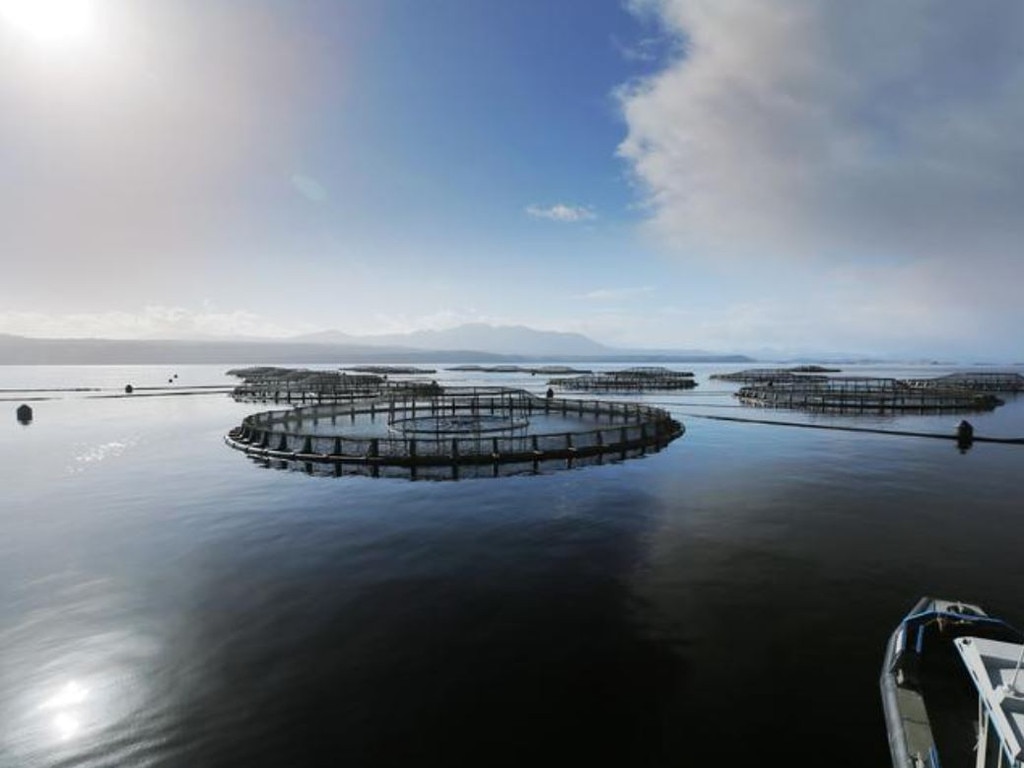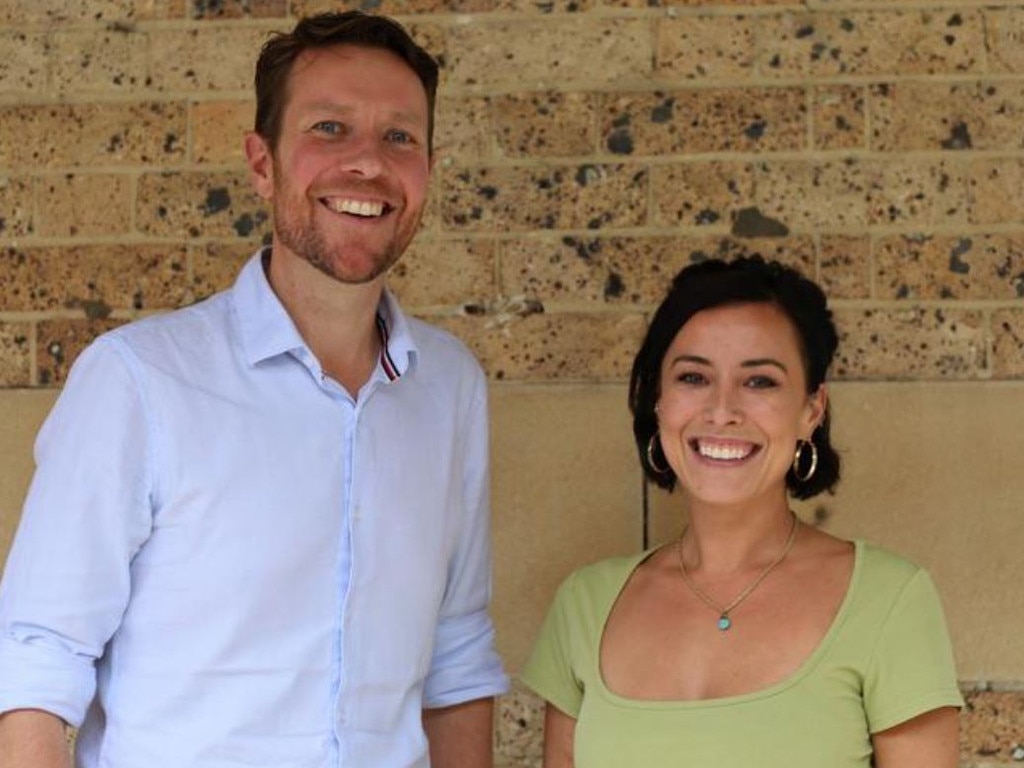Fish discovered in 1988 could decimate town
The protection of a rare species of fish is threatening to decimate an entire town as powerful environmental groups push for an industry to be shut down.
One endangered fish is threatening to destroy the livelihoods of 400 families and rip a huge hole in Australia’s $1.3 billion salmon industry.
Tasmania Salmon fears its operations in Macquarie Harbour could be shut down “overnight” as environmental groups wage war to protect the Maugean skate.
The ancient ray was only discovered in 1988 but is at risk of extinction with an estimated 40 to 120 left in the harbour - the only place they are known to exist.
Environmentalists say salmon farming in the area has reduced dissolved oxygen levels in the water to a point the skates – dubbed the “Tasmanian tigers of the sea” - are unable to survive.
Tanya Plibersek now has the power to decide the future of the industry after three powerful activist groups urged the Environment Minister to review aquaculture licenses in the harbour.
“Tanya Plibersek remains hell-bent on shutting down the salmon farms,” 2GB radio host Ben Fordham said in an interview with Tasmania Salmon CEO Luke Martin on Thursday.

Mr Martin said the close-knit town of Strahan, which has a population of 700-odd residents with almost half employed as salmon farmers, would be decimated by any negative ruling.
“No one is denying that the species is under threat … but you do not, in our view, shut down the entire economic lifeblood of a regional community to try and manage the conservation of an endangered species,” he said.
“Like all things in Tasmania, where there is an itch, environmental groups will go a mile.”
He said the review had left the community in limbo, revealing the local school in Strahan had about 60 students with “over half” of them from salmon families.
“These families are looking at a third year (in a row) where they’re literally unsure whether their jobs, the town, the school, will be able to be sustained.”
Ms Plibersek insisted the federal and state governments were “great supporters of the Tasmania salmon industry” but refused to reveal the future of operations in Macquarie Harbour.
“I’m methodically going through the process of looking at all the evidence” she told 2GB’s Chris O’Keefe on Tuesday, adding there were over 2,500 submissions to work through.
“I’m sure the Maugean skate is a beautiful creature … but ultimately, what trumps here – humans or the skate?,” O’Keefe probed.
“The skate’s been around for 60 million years, it’s a dinosaur fish,” Ms Plibersek replied.
“It’s the only place on earth that it exists. We want a strong salmon industry in Tasmania, we’ve continued to invest in it and support it.
“We’ve got to make sure that these things can co-exist. We want jobs in Australia.”
Ms Plibersek said it was a “nonsense proposition” that the entire salmon industry would be shut down, but stressed there needed to be evidence the Maugean skate would be able to survive.

Maugean skate population has ‘stabilised’
New research released on September 24 found the Maugean skate population had stabilised in 2021, with no decline in the last three years despite ongoing salmon farming.
The University of Tasmania’s Institute for Marine and Antarctic Studies (IMAS) research also found an increased number of juvenile skates at the same level as 2014.
“Today, we have further science that confirms the Maugean skate population stabilised three years ago and that the number of juveniles is at a decade high,” Mr Martin said.
“This follows science from the independent EPA last week that showed that the oxygenation of Macquarie Harbour is the best it’s been in more than a decade.
“The science irrefutably shows that the skate and the harbour are on the improve, all while salmon aquaculture continues.”
IMAS researcher Professor Jayson Semmens said the findings were a “positive sign”, but stressed “additional data” was needed to see how the presence of young skates would impact the overall population and “sustained recovery”.
“Updated population models and action plans are needed to ensure the species’ survival in Macquarie Harbour, its last remaining habitat,” he said.
IMAS scientists have also seen positive results from a catch and breed program.
Professor Semmens, also the program leader for the initiative, said 24 skates had hatched from eggs taken from Macquarie harbour while 11 had hatched from eggs laid in captivity.
“It’s going great … we’re probably ahead of where we thought we’d be,” Professor Semmens told The Australian earlier this month.
“This is not easy — no one has ever done it before,” he stressed.
“This is an animal that’s never been kept in captivity before. It’s a hyper-specialist and we’re taking it out of its environment. So there’s going to be things that don’t go as planned.”

Coles and Woolies face D-Day
Activist share trading platform Sustainable Investment Exchange (SIX) has meanwhile called on Australia’s biggest supermarket chains to stop sourcing all salmon farmed in Macquarie Harbour.
In a showdown set to take place at Woolies’ next AGM on October 31, shareholders will be asked to vote on the issue “and give the Maugean skate its only chance at survival”.
“It’s astonishing a company that promotes itself as a leader in sustainability needs its shareholders to step in to stop a likely extinction event,” SIX CEO Adam Verwey said.
“Given the urgency of the situation with the Maugean skate, we thought this would be something Woolworths would agree to act on without the need for a shareholder resolution.
“To stop contributing to an extinction requires changing just a small part of their salmon supply.”
The group has also lodged a shareholder resolution with Coles, which will be heard at its AGM on November 12.
Scientific report that triggered environmental complaints, government review
While salmon farming has reportedly taken place in Macquarie Harbour for the past 40 years, the federal government approved an official expansion of fish farming in the area in 2012.
There are three foreign-owned producers that run 11 farming leases in Macquarie Harbour and collectively supply 90 per cent of the nation’s Atlantic salmon.
In November 2023, Ms Plibersek launched an official review of the environmental permits that allowed them to operate.
The latest advice from a government committee found the salmon industry posed a “catastrophic risk” to the survival of the skate.
“The primary threat to the species is degraded water quality, in particular, substantially reduced levels of dissolved oxygen throughout Macquarie Harbour,” the committee said.
It recommended that action be taken to “eliminate or significantly reduce the impacts of salmonid aquaculture on dissolved oxygen concentrations”.
“The fastest and simplest way to achieve this is by significantly reducing fish biomass and feeding rates,” it said.

A tiny town teetering on the edge
Tasmania Salmon says 120 people (60 Strahan locals and 60 from other parts of Tasmania) are employed full-time on Macquarie Harbour.
A further 140 people are employed for admin and processing work associated with the big fish farms, and another 140 work in manufacturing and logistics roles linked to the industry.
Adam Saltmarsh, who works for salmon farming giant Tassal, spoke about the “catastrophic” impact any stoppage of the industry would have on the community.
“If this industry was to be scaled back, it would affect the community a lot, the flow on effects for the schools, local sporting groups, doctors, the nurses,” he told SkyNews.com.au late last year.
“We take pride in what we do, it’s our backyard, our life is revolved around this body of water. It’s not an inland town, it’s a harbour side town and without the industry on the harbour, there is no town.
“It would be catastrophic if we had to give this up.”
His 12-year-old son Logan is so passionate about staying in Strahan he has written a letter to Ms Plibersek.
“Imagine living in beautiful Strahan, your hometown, and then your parents’ jobs in the fish farm industry are lost and you have to move to a new, scary place you’ve never been to,” Logan wrote, The Australian reported.
“If you shut the industry down, you will be forcing many innocent families to flee the town to keep their families afloat.”




